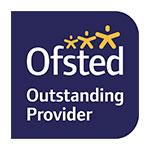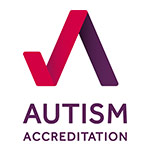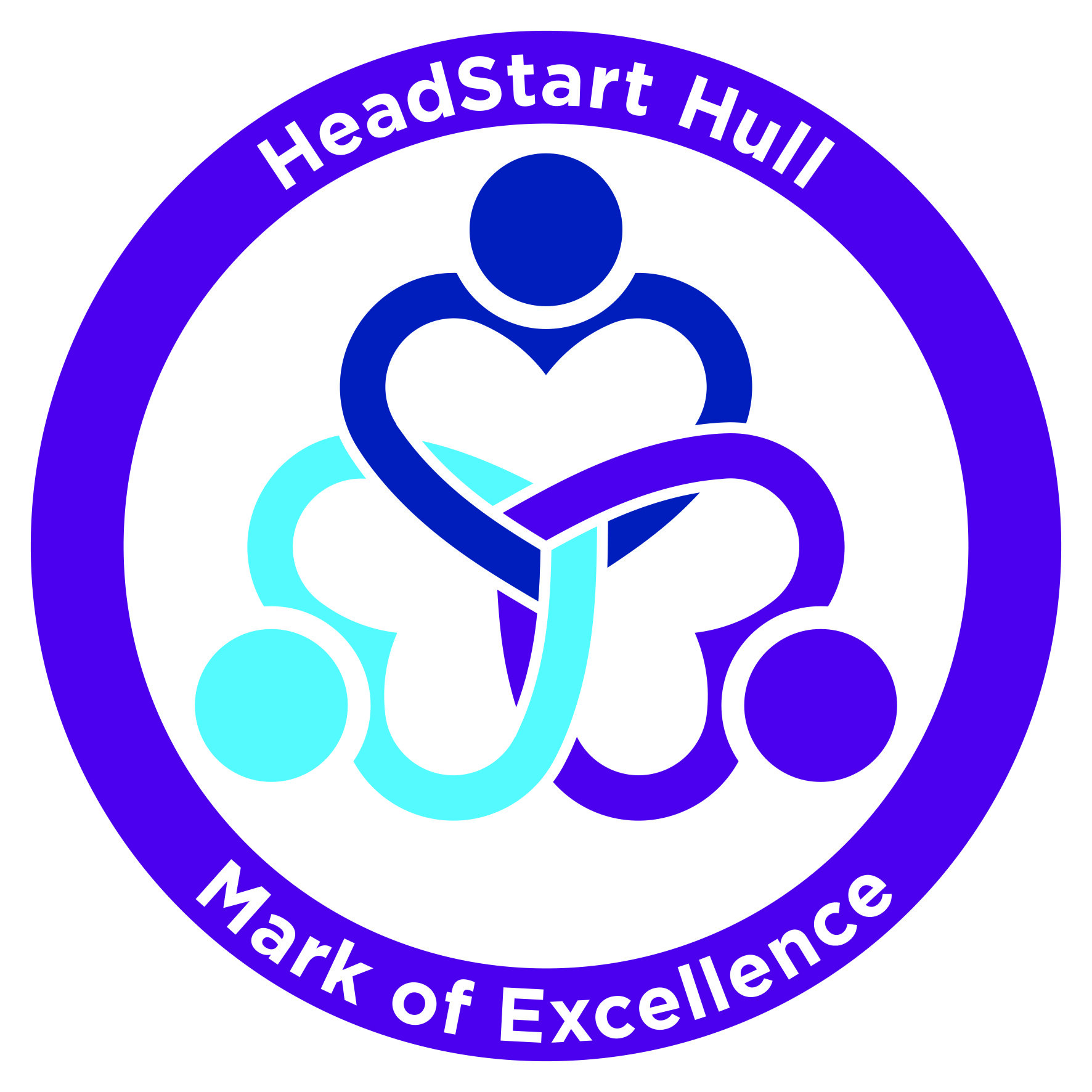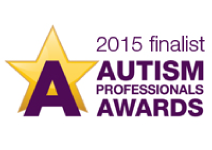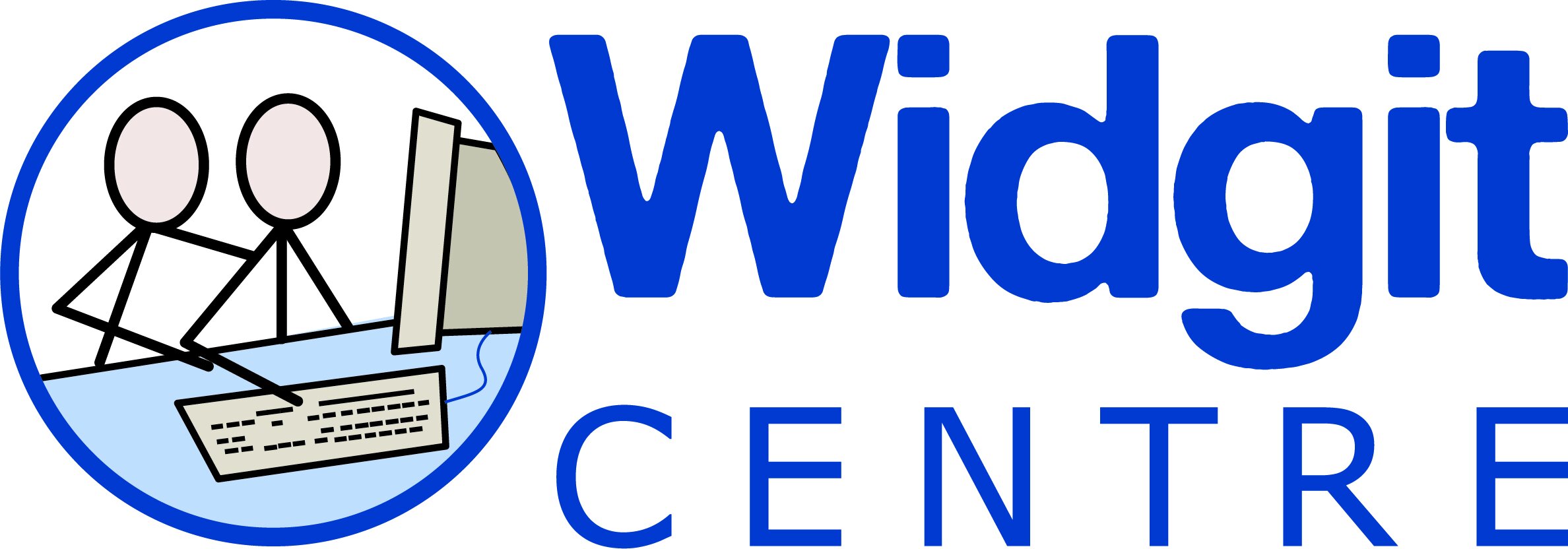Sensory Development
Aims and ambition of a sensory approach to development
As part of our approach to our PE we recognise the importance of a sensory curriculum as well as regular physical activity. Through our individualised approach we aim to allow pupils to effectively manage their sensory needs as effectively and independently as possible.
How do pupils with sensory needs learn?
Pupils are encouraged to engage in a 'sensory diet' throughout the day by joining in with regulating activities and using equipment in the classrooms as part of their lessons.
In order to identify students with sensory regulation needs we have regular visits by an Occupational Therapist. She oversees our practice and gives advice on the best way to encourage pupils to regulate their own sensory needs.
Pupils’ that have sensory regulation needs are offered a chance to attend 'Sensory Circuits' in a morning. This allows them to use equipment in a structured way to enable them to feel ready for their day at school.
Why the sensory approach is important
For students that struggle to regulate their sensory processing it can become a significant barrier to learning and to independence. We strive for all students to be able to manage their own sensory needs so that they can continue on into the community with the ability to process, filter and react to the relevant sensory information and be able to regulate themselves in an appropriate way.
Rachel Stott
Physical Education
Aims and ambition of the PE curriculum
Through building up a body of key foundational knowledge and concepts, all pupils will be motivated to be active and develop a lifelong love of sport and being physically active.
What do pupils learn about in the PE curriculum?
In the Early Years, KS1 & KS2 pupils are encouraged to play and explore to develop an understanding about their bodies, and the fundamental skills of movement. In KS3 & 4 pupils are encouraged to use this knowledge to apply it into a sport or physical performance that suits their own interests and skills. Progress is further encouraged for Post 16 pupils through a specialised curriculum including opportunities for Duke of Edinburgh Award, Sports Leadership Awards and other leadership opportunities.
All students have the opportunity to compete against their peers at Tweendykes and some have the opportunity to compete against their peers at other schools so that they can develop a sense of purpose and broaden their horizons with physical activity.
Why the PE curriculum is important
We strive for all pupils to be as independent as possible and have ‘real life’ skills that support their transition to adulthood such as understanding the need to stay active and live a healthy lifestyle.
We also encourage students to develop personal interests that will continue throughout their adult lives, such as being able to play a sport, use the gym, plan a walk around the local area.
Rachel Stott






